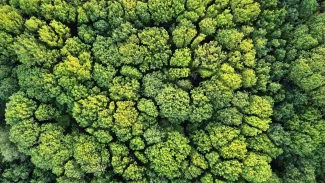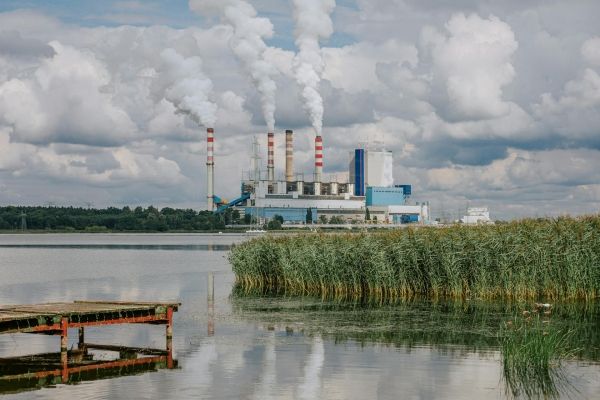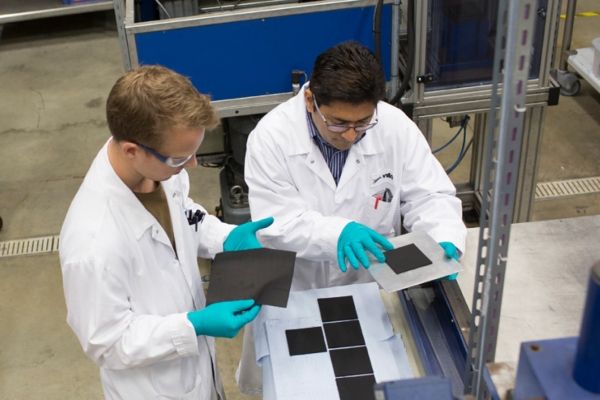
Resilient ecosystems
We help companies and governments with climate mitigation and adaptation solutions. We aim to create ecosystems that are more resilient to disasters, thereby enhancing our overall resilience and security.
The climate is becoming increasingly erratic and unpredictable. The goal remains to limit temperature rise and achieve carbon neutrality in Europe by 2050. Resilience and adaptability are essential to achieving this.
Limiting further temperature rise
VITO supports governments and companies in climate mitigation by helping to limit further temperature rise. In addition to promoting electrification and a circular economy, we research and develop solutions for CO2 capture, use and storage. We view CO2 as a raw material, for example, as a binding agent for new building materials and as a basis for polymers, using techniques such as electrolysis and enzymatic gas fermentation. We also 3D print innovative capture materials to maximise CO2 capture.
Dealing with the effects of climate change
In addition to mitigation, we also develop climate adaptation technologies to enhance resilience to the impacts of climate change. For instance, we investigate how to make cities heat-resistant and how to prevent and tackle floods and droughts. Our scientists combine highly detailed satellite imagery with science-based digital models and physical measurements of land, water, and air to make precise observations and predictions.
We identify climate risks, develop adaptation scenarios, and provide decision-support advice, enabling companies and governments to respond more quickly to the impacts of climate change and take decisive action in the event of a crisis.
Security and sovereignty
Recent geopolitical developments call for increased focus on the protection and autonomy of Europe. Therefore, we also focus on security and sovereignty within this domain. This includes securing critical infrastructure, such as energy and water, and monitoring vital raw materials. These issues share many similarities with civilian research, allowing us to leverage our multidisciplinary expertise in areas such as risk assessment and preparing for and responding to potential crisis situations.





